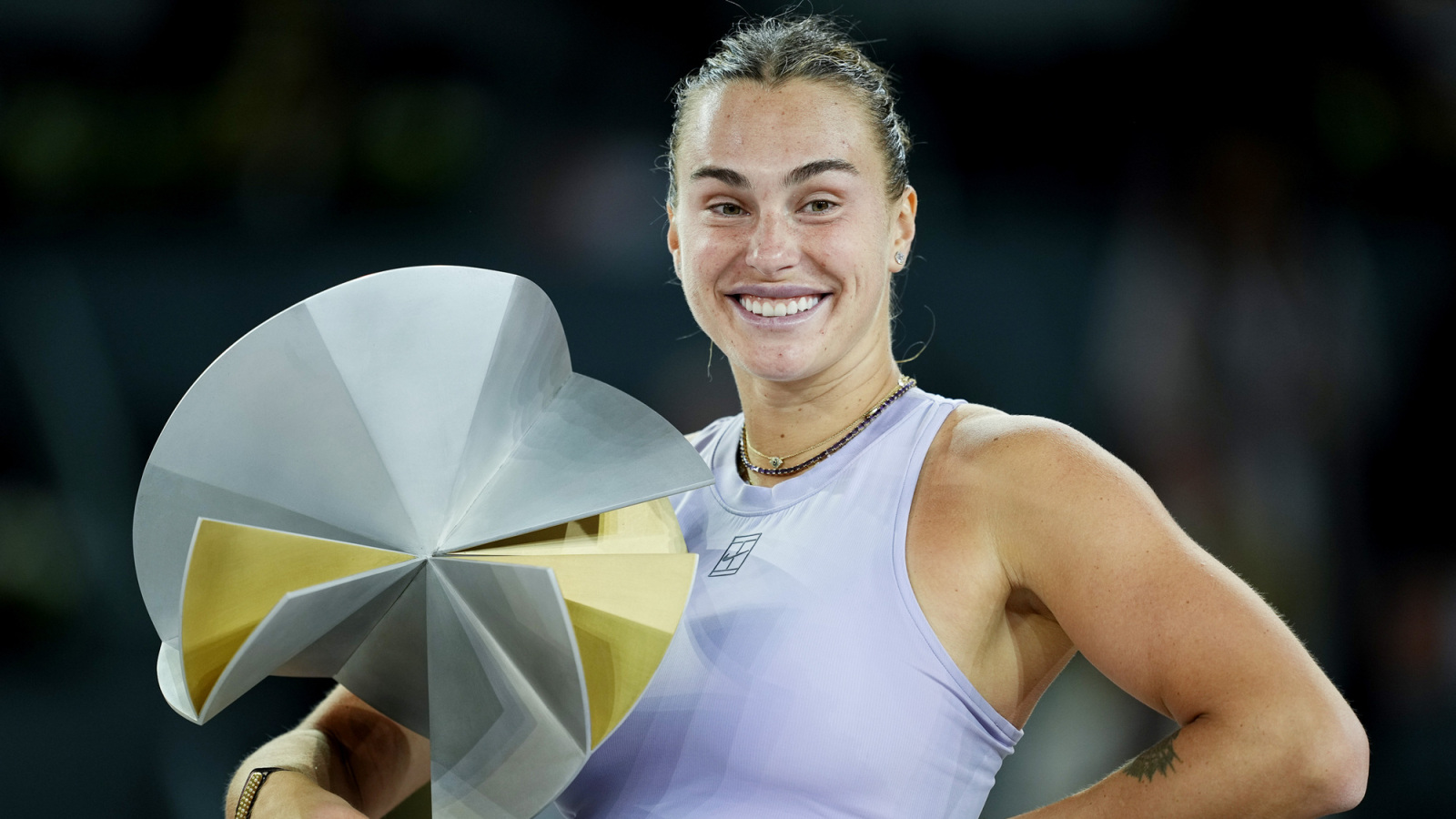Match-Focused Training: Sabalenka's Madrid Victory Fuels Dominant Run
Aryna Sabalenka's stunning victory at the Madrid Open wasn't just a testament to her raw power and aggressive baseline game; it was a shining example of the effectiveness of match-focused training. Her triumph over world number one Iga Swiatek in the final showcased a meticulously crafted game plan, honed through a training regime deeply rooted in simulating match conditions. This strategic approach is rapidly becoming a key differentiator in the world of professional tennis.
Beyond the Baseline: The Power of Simulation
Traditional tennis training often focuses on individual components – serves, returns, forehands, backhands – in isolation. While crucial for building fundamental skills, this method often lacks the intensity and strategic complexity of a real match. Sabalenka's team, however, appears to have adopted a more holistic strategy. Their approach emphasizes simulating match scenarios, complete with pressure situations, tactical adjustments, and the mental fortitude required to overcome adversity.
This match-focused training likely includes:
- Point Play Simulations: Extended periods dedicated to playing points, mimicking the flow and pressure of a real match. This helps players develop their tactical awareness and decision-making under duress.
- Specific Opponent Drills: Tailoring training to anticipate and counteract the strengths and weaknesses of upcoming opponents. For the Madrid Open final, this likely included drills designed to counter Swiatek's signature topspin forehand and relentless court coverage.
- Mental Fortitude Training: Incorporating exercises designed to build resilience and focus under pressure. This could involve practicing recovery after lost points, managing emotions, and maintaining a consistent level of performance throughout long matches.
- Tactical Game Planning: Collaborating with coaches to analyze opponents' game styles and develop specific game plans, including strategies for serving, returning, and attacking key weaknesses.
Sabalenka's Madrid Masterclass: A Case Study in Effective Training
Sabalenka's victory in Madrid showcased the fruits of this match-focused approach. Her powerful groundstrokes were even more effective because they were deployed strategically within a well-defined game plan. She displayed an impressive ability to adapt her tactics throughout the matches, exhibiting the mental resilience necessary to overcome challenging moments. Her composure and decision-making under pressure were particularly noteworthy.
The victory wasn't just about brute force; it was a display of tactical intelligence and mental strength – hallmarks of a training regime that prioritizes match simulation.
The Future of Tennis Training: A Shift in Focus
Sabalenka's success highlights a significant shift in the way elite tennis players are preparing for competition. The focus is moving beyond individual skill development to encompass a more holistic approach, incorporating strategic planning, mental training, and realistic match simulations. This trend is likely to continue, influencing training methods across the professional tennis landscape.
This match-focused approach offers several advantages:
- Improved Tactical Awareness: Players become more adept at adapting their game plans during matches.
- Enhanced Mental Resilience: They develop the ability to handle pressure and overcome adversity.
- Greater Match Readiness: They are better prepared for the demands of competitive tennis.
Sabalenka's Madrid Open victory serves as a powerful example of how a strategically designed training program can yield exceptional results. As the game continues to evolve, we can expect to see more players adopting similar match-focused training methodologies to enhance their performance and achieve greater success on the court.
Keywords: Aryna Sabalenka, Madrid Open, Match-Focused Training, Tennis Training, Iga Swiatek, Tennis Strategy, Tennis Tactics, Professional Tennis, Sports Training, Athlete Training, Performance Enhancement.

